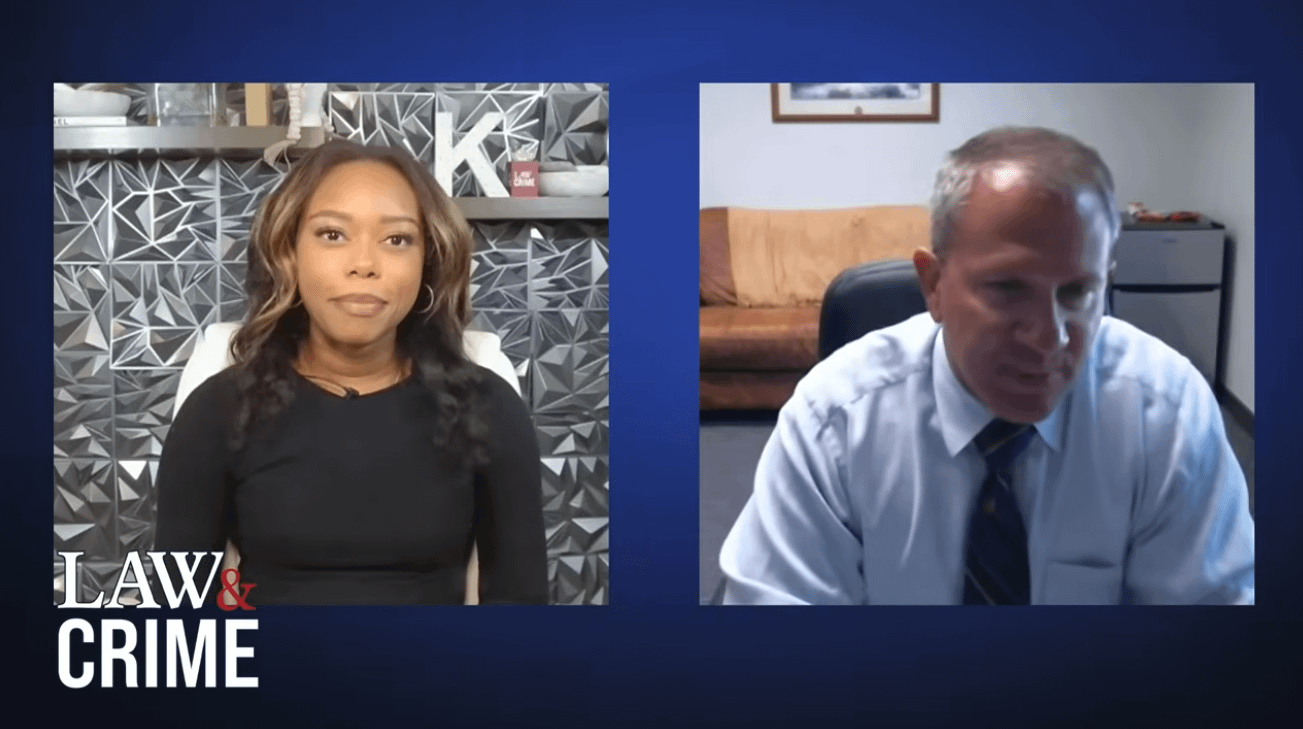November 2022 LEMR
FEATURE ARTICLE
The Dangers of Arrogance (and Benefits of Humility) in Law Practice
The Rules of Professional Conduct do not discuss the dangers of lawyer arrogance or the benefits of lawyer humility. Something, or someone, must—because arrogance and humility have an immense impact on how lawyers behave and how they comply with disciplinary rules.
Susan Liautaud on the Ethics Incubator blog writes:
Arrogance is one of the most dangerous drivers of unethical behavior. It is almost always present in one form or another when scandal erupts. Think of Sepp Blatter continuing to draw his president’s salary during an eight-year ban from soccer (and declaring himself the “godfather” of women’s soccer). Think of investment banks justifying conflicts of interest as a business model. Think of allegedly fraudulent anti-human-trafficking advocate Somaly Mam’s high-fashion ego duping even the meticulous and compassionate Pulitzer prize-winning journalist Nicholas Kristof and other high-profile leaders. (I cite Nicholas Kristof precisely because he is not arrogant as far as I can tell and because his wisdom on how easy it is to fall prey to arrogance deployed for charity taught us all a good lesson.)
The Dangers of Lawyer Arrogance
Every lawyer has had the unpleasant experience of trying to work with another lawyer whose arrogance was a disservice to his client. A number of years ago, I was involved with a lawyer who was so convinced that he was right on point of law that he refused to actually research the issue. Insisting that he “knew” he was right, he would not change the wording of the document at issue. Unfortunately, the point of law he was so certain about was dependent upon a statute that had been recently amended. For over a month, he refused to agree to a change in the document to conform to the new law. His refusal, based on nothing but arrogance, delayed consummation of the deal and cost both parties unnecessary time and expense.
In looking at this example of arrogant behavior, we can all agree that the lawyer was, to put it bluntly, a “jerk.” Moreover, his arrogance caused him to violate several of the Rules of Professional Conduct.
First, he violated Rule 1.1 on competence in several ways.
- He did not know the law and refused to do the research necessary to learn it.
- He violated Rule 1.3, which requires a lawyer to act diligently on behalf of his client.
- His arrogant insistence that he knew the law, despite having been told that he was wrong, delayed completion of the transaction.
Undoubtedly, the effects of his arrogance caused him to violate other ethical rules as well. Lawyers need to be self-confident in order to represent their clients competently. However, there is a difference between arrogance and confidence.
Arrogance can also significantly damage the lawyer-client relationship. MRPC Rule 1.2(a) reads:
Subject to paragraphs (c) and (d), a lawyer shall abide by a client’s decisions concerning the objectives of representation and, as required by Rule 1.4, shall consult with the client as to the means by which they are to be pursued. A lawyer may take such action on behalf of the client as is impliedly authorized to carry out the representation. A lawyer shall abide by a client’s decision whether to settle a matter. In a criminal case, the lawyer shall abide by the client’s decision, after consultation with the lawyer, as to a plea to be entered, whether to waive jury trial, and whether the client will testify.
Lawyer-client dynamics are always a potential concern. Often, the client is in a vulnerable state—psychologically, financially, and even physically. An arrogant lawyer can easily take advantage of a vulnerable client, and this can lead to a disciplinary violation. Pursuant to Rule 1.2(a) (the “means-ends” test), a lawyer has the right, upon consultation with the client to determine the means by which to conduct a representation; but the client has the right to determine the ultimate objective of the representation, such as whether to settle a civil matter or to accept a plea bargain in a criminal matter. Arrogance can often lead to overbearing behavior, which can lead to client bullying. A bullying lawyer may well push a client to make a decision that the client doesn’t actually want. This would almost certainly result in a violation of Rule 1.2 and damage to the client’s interests.
Similarly, Rule 1.4 states that:
(a) A lawyer shall:
(1) promptly inform the client of any decision or circumstance with respect to which the client’s informed consent, as defined in Rule 1.0(e), is required by these Rules;
(2) reasonably consult with the client about the means by which the client’s objectives are to be accomplished;
(3) keep the client reasonably informed about the status of the matter;
(4) promptly comply with reasonable requests for information; and
(5) consult with the client about any relevant limitation on the lawyer’s conduct when the lawyer knows that the client expects assistance not permitted by the Rules of Professional Conduct or other law.
(b) A lawyer shall explain a matter to the extent reasonably necessary to permit the client to make informed decisions regarding the representation.
An arrogant lawyer may well violate Rule 1.4 precisely because arrogance often impedes the ability to listen to others. If you cannot listen to your client, you cannot adequately communicate with your client.
The Benefits of Humility
As much as lawyer arrogance is a negative characteristic and may lead to violations of the Rules of Professional Conduct, humility in dealing with others is a strongly positive characteristic for lawyers. Although lawyers in the United States operate within an adversarial system, a reasonable dose of humility can still be a very good thing. For instance, humility about one’s own accomplishments might play a role in complying with Rule 1.1 on competence.
Comments 1 and 2 to Rule 1.1 require a fair degree of self-knowledge and the ability to evaluate one’s skills and experience:
[1] In determining whether a lawyer employs the requisite knowledge and skill in a particular matter, relevant factors include the relative complexity and specialized nature of the matter, the lawyer’s general experience, the lawyer’s training and experience in the field in question, the preparation and study the lawyer is able to give the matter and whether it is feasible to refer the matter to, or associate or consult with, a lawyer of established competence in the field in question. In many instances, the required proficiency is that of a general practitioner. Expertise in a particular field of law may be required in some circumstances.
[2] A lawyer need not necessarily have special training or prior experience to handle legal problems of a type with which the lawyer is unfamiliar. A newly admitted lawyer can be as competent as a practitioner with long experience. Some important legal skills, such as the analysis of precedent, the evaluation of evidence and legal drafting, are required in all legal problems. Perhaps the most fundamental legal skill consists of determining what kind of legal problems a situation may involve, a skill that necessarily transcends any particular specialized knowledge. A lawyer can provide adequate representation in a wholly novel field through necessary study. Competent representation can also be provided through the association of a lawyer of established competence in the field in question.
Making the kind of judgments about oneself, one’s knowledge, and one’s skills required by Rule 1.1 is not easy. An arrogant individual may decide that he is capable of taking on tasks for which he is incompetent. A humble individual may engage in self-questioning and even seek the advice of a more experienced lawyer (within the bounds of Rule 1.6). Taking a more conservative view of one’s abilities may well better serve a client and avoid rule violations and even malpractice actions later.
So, is arrogance unethical?
As important as it is for lawyers to avoid arrogance and embrace humility, we cannot incorporate these ideas into the Rules of Professional Conduct. The Rules are designed to regulate lawyer behavior and, in many cases, provide sanctions for violations. It would be both dangerous and unworkable to attempt to sanction lawyers because they are arrogant or reward them in some way for showing humility. These are character traits beyond regulation. However, even if we do not regulate lawyer arrogance and humility, we must talk about how these character traits impact the perception of lawyers, the legal profession, and the Rules of Professional Conduct.
Read this month’s edition of LEMR
References:
About Joseph, Hollander & Craft LLC
Joseph, Hollander & Craft is a premier law firm representing criminal, civil and family law clients throughout Kansas and Missouri. When your business, your freedom, your property, or your career is at stake, you want the attorney standing beside you to be skilled, prepared, and relentless. From our offices in Kansas City, Lawrence, Overland Park, Topeka and Wichita, our team of 20+ attorneys has you covered. We defend against life-changing criminal prosecutions. We protect children and property in divorce cases. We pursue relief for victims of trucking collisions and those who have suffered traumatic brain injuries due to the negligence of others. We fight allegations of professional misconduct against doctors, nurses, judges, attorneys, accountants, real estate agents and others. And we represent healthcare professionals and hospitals in civil litigation.












